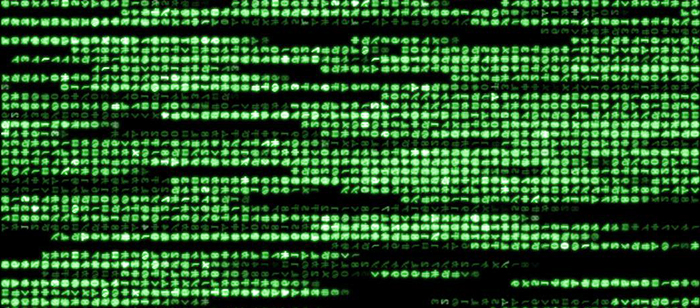
MS Defense
Computer Science and Electrical Engineering
Detection Performance and Computational Complexity of
Radar Compressive Sensing for Noisy Signals
Asmita Korde
2:00-4:00 Wednesday, 24 July 2013, ITE 325
In recent years, compressive sensing has received a lot of attention due to its ability to reducethe sampling bandwidth, yet reproduce a good reconstructed signal back. Compressivesensing is a new theory of sampling which allows the reconstruction of a sparse signal bysampling at a much lower rate than the Nyquist rate. This concept can be applied to severalimaging and detection techniques. In this thesis, we explore the use of compressive sensing for radar applications. By using this technique in radar, the use of matched filter can be eliminated and high rate sampling can be replaced with low rate sampling. We analyze compressive sensing in the context of radar by applying varying factors such as noise and different measurement matrices. Different reconstruction algorithms are compared by generating ROC curves to determine their detection performance, which in turn are also compared against a traditional radar system. Computational complexity and MATLAB run time are also measured for the different algorithms. We also propose an algorithm called simplified OMP, which works well in noisy environments and has a very low computational complexity.
Committee: Professors Tinoosh Mohsenin (Chair), Joel Morris, Tulay Adali, and Mohamed Younis